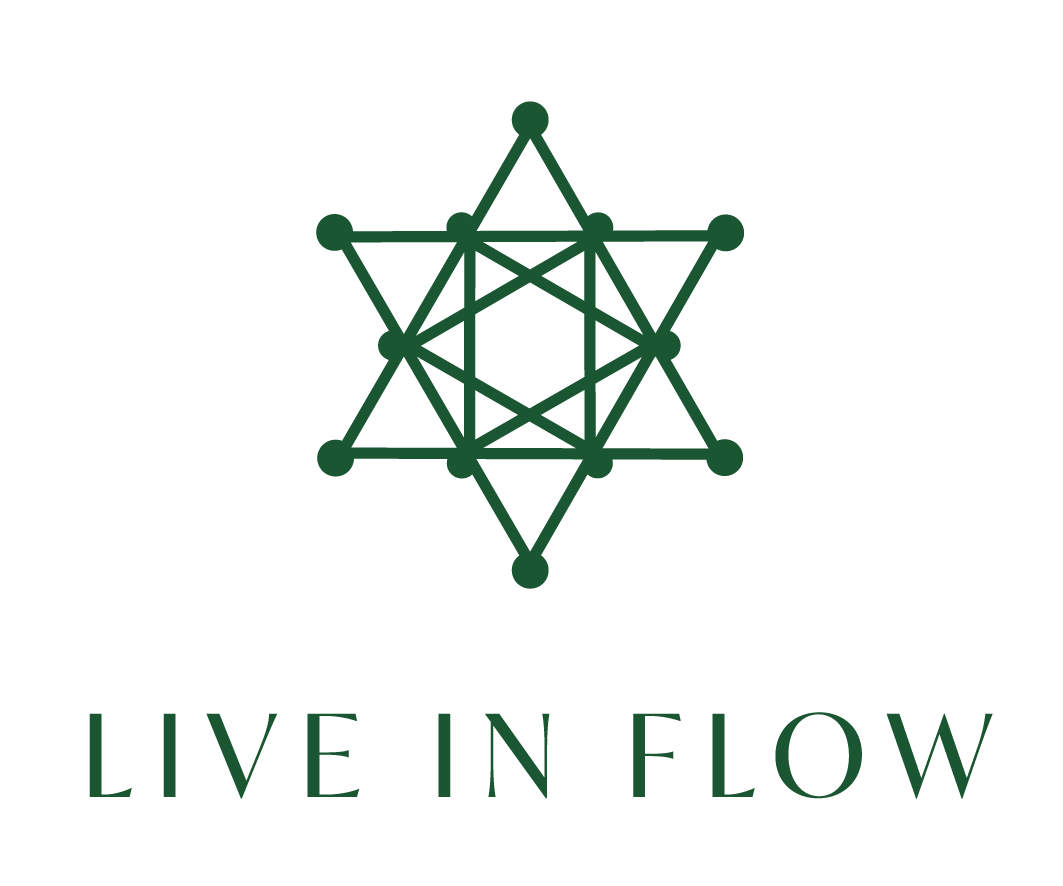Group meditation is a practice where individuals come together to meditate in a shared space. It is a way to connect with others and create a sense of community. For thousands of years, many cultures have practised group meditation for spiritual, religious, and health purposes.
The history of group meditation can be traced back to 1500 BC. In India, yogis would gather together to meditate and share their experiences. In Buddhism, group meditation is used to cultivate compassion and wisdom. Group meditation has been popular in the West since the 1960s counterculture movement.
In some cultures, group meditation is seen as a way to connect with ancestors or spirits. In others, it is used to promote health and wellbeing. Regardless of the culture, group meditation creates a sense of community.
The transformational benefits of group meditation
For those who practice group meditation regularly, benefits include an increased sense of community, greater concentration, better mental health, improved physical health, and increased emotional wellbeing.
When individuals come together to meditate, they can share their experiences and support each other in their practice leading to a greater sense of belonging and connection.
Another benefit of group meditation is enhanced focus and concentration. Meditators can create a collective energy that can help them stay focused on their practice more so than when meditating alone.
Group meditation helps reduce stress and anxiety as individuals meditating together create a sense of calm and relaxation, leading to improved mental health and wellbeing.
In addition to mental health benefits, studies have shown that group meditation can have an impact on overall physical health by lowering blood pressure, reducing inflammation, and improving immune function.
The science behind group meditation
There is evidence to suggest that group meditation can have a positive impact on the brain and body, so try group meditation to reduce stress, improve focus and concentration, and promote overall wellbeing.
Dr Masaru Emoto, the Japanese scientist and author, experimented with Japanese school children who formed a circle and sent thoughts of gratitude to a glass of Tokyo tap water placed in the centre. Under the influence of what he terms the group prayer’, the water changed to produce beautiful water crystals under the microscope, indicating that their group influence had purified the water. Just imagine how group meditation can cleanse us, as our bodies are made of 60% water.
When individuals meditate, brain waves are altered. There are four types of brain waves. Beta waves are associated with alertness and concentration, while alpha waves are associated with relaxation and calmness. Theta waves are associated with deep relaxation, and delta waves are associated with deep sleep. Alpha and theta brain waves, leading to enhanced learning and overall mental health, are activated during meditation. When individuals meditate together in a group, their brain waves synchronize, creating a collective energy that can help deepen the meditation experience.
Brain plasticity refers to the brain’s ability to change and adapt over time. Studies have shown that group meditation can increase brain plasticity, improving cognitive function and overall wellbeing.
The role of group dynamics in meditation
Group dynamics play an important role in meditation because when individuals come together, they create a collective energy that can help deepen the meditation experience.
Group dynamics can also enhance individual practice. When individuals meditate together, they can learn from each other and support each other in their approach leading to a better understanding of meditation and a more meaningful practice.
The impact of group size on meditation effectiveness is still being studied. Some studies have shown that larger groups can create more vital collective energy. In contrast, others have shown that smaller groups can create a more intimate and supportive environment.
The impact of group meditation on mental health
Group meditation has been shown to reduce stress and anxiety, improve mood, and promote overall wellbeing.
Mental health conditions may respond to group meditation, with studies indicating that group meditation can effectively treat depression, anxiety, and post-traumatic stress disorder (PTSD). In addition to treating mental health conditions, group meditation has been shown to improve sleep quality, reduce inflammation, and improve immune function.
In conclusion, group meditation can help you connect with others and create a sense of community, resulting in improved focus and concentration, reduced stress and anxiety, improved physical health, and increased emotional wellbeing. Incorporating group meditation into daily practice has the potential to create positive change in the world by promoting peace, compassion, and understanding.
How group meditation affects the brain
Studies have shown that group meditation can increase activity in the prefrontal cortex, which is responsible for decision-making and attention. The prefrontal cortex is also responsible for regulating emotions. When individuals meditate together in a group, they can create a sense of calm that can help regulate emotions.






